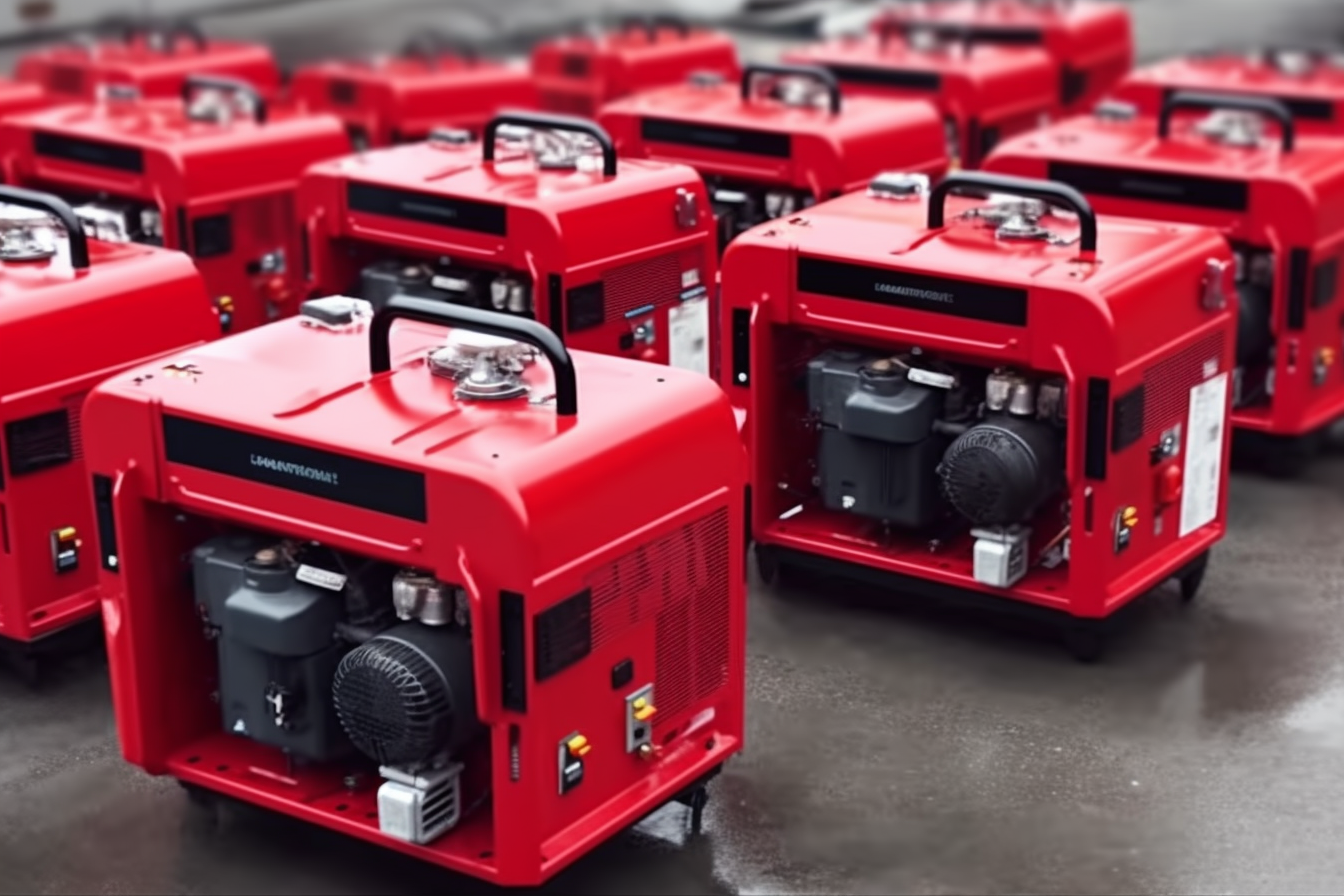Unveiling the World of Repossessed Cars: A Comprehensive Guide
Repossessed cars offer a unique opportunity for budget-conscious buyers to find quality vehicles at discounted prices. This article delves into the intricacies of repossessed cars, providing valuable insights for those considering this alternative car-buying route.

What exactly are repossessed cars?
Repossessed cars are vehicles that have been reclaimed by lenders or financial institutions due to the owner’s failure to make timely payments. When borrowers default on their auto loans, the lender has the right to take possession of the vehicle as collateral. These cars are then sold to recover the outstanding debt, often at prices below market value.
How does the repossession process work?
The repossession process typically begins when a borrower falls behind on their car payments. After a specified period of delinquency, usually 90 days or more, the lender may initiate repossession. This involves physically taking the vehicle, either through a repossession agent or by requesting the borrower to surrender it voluntarily. Once repossessed, the car is prepared for sale through various channels.
Where can you find repossessed cars for sale?
Repossessed cars are available through multiple avenues. Government auctions, such as those held by the General Services Administration (GSA), offer vehicles repossessed due to criminal activities or unpaid taxes. Bank auctions and online platforms like GovDeals or Public Surplus are also popular sources. Additionally, some dealerships specialize in selling repossessed vehicles, providing a more traditional car-buying experience.
What are the benefits of buying a repossessed car?
Purchasing a repossessed car can offer significant advantages. The primary benefit is the potential for substantial savings, as these vehicles are often priced below market value. Buyers may find relatively new models with low mileage at discounted rates. Furthermore, repossessed cars can provide an opportunity to own a higher-end vehicle that might otherwise be out of budget. The diverse selection available at auctions also allows buyers to explore a wide range of makes and models.
Are there any risks or drawbacks to consider?
While repossessed cars can be a great deal, there are potential risks to keep in mind. These vehicles are typically sold “as-is,” meaning there may be no warranty or guarantee of their condition. Buyers often have limited opportunities to inspect or test drive the car before purchase, increasing the risk of hidden mechanical issues. Additionally, the competitive nature of auctions can sometimes lead to overbidding, negating potential savings.
How much can you save on a repossessed car?
The potential savings on repossessed cars can vary widely depending on factors such as the vehicle’s make, model, condition, and the selling platform. On average, buyers can expect discounts ranging from 20% to 40% off the market value. However, it’s crucial to approach these savings with caution and consider potential repair or maintenance costs.
To provide a clearer picture of the potential savings, here’s a comparison of repossessed car prices versus their market values:
| Make and Model | Average Market Value | Typical Repossessed Price | Potential Savings |
|---|---|---|---|
| Honda Civic | $22,000 | $16,500 | $5,500 |
| Ford F-150 | $35,000 | $26,250 | $8,750 |
| Toyota Camry | $25,000 | $18,750 | $6,250 |
| Chevrolet Malibu | $20,000 | $15,000 | $5,000 |
| BMW 3 Series | $40,000 | $28,000 | $12,000 |
Prices, rates, or cost estimates mentioned in this article are based on the latest available information but may change over time. Independent research is advised before making financial decisions.
What steps should you take when buying a repossessed car?
When considering a repossessed car purchase, thorough research and preparation are essential. Start by obtaining the vehicle’s history report to check for accidents, maintenance records, and ownership details. If possible, arrange for a pre-purchase inspection by a trusted mechanic to identify any potential issues. Familiarize yourself with the auction process and set a firm budget to avoid overspending in the heat of bidding.
It’s also crucial to understand the terms and conditions of the sale, including any fees or taxes that may be added to the final price. Be prepared to pay in full or secure financing before bidding, as many auctions require immediate payment. Lastly, factor in potential repair costs when calculating your overall budget, as these can significantly impact the true value of your purchase.
By approaching the process with caution and diligence, buyers can navigate the world of repossessed cars successfully, potentially securing a quality vehicle at a substantial discount. Remember that while the savings can be attractive, the key to a satisfactory purchase lies in thorough research and realistic expectations.
The shared information of this article is up-to-date as of the publishing date. For more up-to-date information, please conduct your own research.




